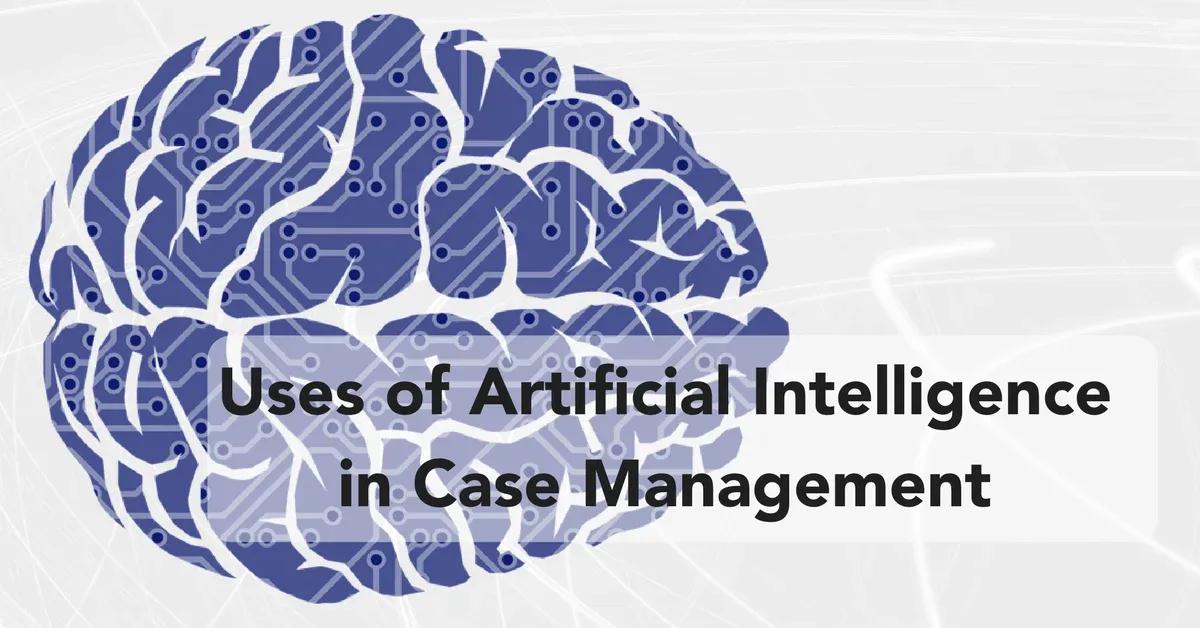Artificial Intelligence (AI) has become a crucial component of healthcare technology and/or delivery, yet has remained mysterious for those tasked with using them. I spoke with Dr. Heather Bassett—Chief Medical Officer at Xsolis—about not only what artificial intelligence is, but how it is already changing case management operations and decision-making in hospitals nationwide.
At a surface level, artificial intelligence is the ability for a machine to learn from experience and produce behavior to perform specific tasks. Chess-playing AI is a great example of Artificial Intelligence in action: from each move made and countered (in fractions of a second!), this AI learns from itself or its opponent, growing more effective with each round played. However, this intelligence is limited to these specific tasks and moves, and doesn’t extend beyond the game at hand.
Artificial intelligence in healthcare faces similar opportunities and constraints. The data that can be accessed and utilized in real time is truly astounding—Xsolis’ data pool encompasses tens of millions of patient encounters, which include hundreds of millions of order, documents, and vitals. To date, we have generated well over 16 million status predictions. However, this intelligence is meant to supplement the expertise of a case manager or clinician, not to replace it. Some of the most promising use cases for artificial intelligence in case management—making care determinations, assessing real-time risk, and aligning workflows with patient insight—augment physician/nurses’ expertise with AI; which can leverage more data than the human brain can assess at any given point. Below I outline some of the applications within hospitals nationwide:
Clinical Decision Support – Review by Exception
Due to insufficient resources, siloed patient data, and outdated processes that rely almost entirely on subjective judgement, case managers have been forced to use manual, time-consuming processes to handle active cases. AI-driven technology and analytics enable hospital staff to more efficiently and effectively review patients’ clinical conditions, as well as provide supporting documentation for defending medical necessity and status determinations.
Additionally, major providers have taken an even more active stance: by reviewing only cases that are within a threshold dictated by an AI model, many reviews can be reviewed automatically using an exception-based approach. Since nurses only review cases where determinations are unclear, case managers are freed from manual processes that keep them from concentrating their clinical expertise on patient review.
Realigning Payer Relationships
On the surface, payers and providers appear as opposing forces, locked in an eternal struggle around appropriate care delivery and adequate reimbursement. Objective data shatters this perception and bridges the divide in the payer-provider relationship. By sharing a common review framework that is rooted in patient-specific data, hospitals and payers can streamline the review-to-reimbursement journey, freeing up resources and improving efficiency. With fewer resources spent arguing and arbitrating, each side benefits.
Managing Denials with Data
An effective denials management process requires that the right people work the right cases at the right time with the right data. By analyzing millions of previous cases, artificial intelligence models can triage denials to determine why the claim was denied, and to determine which denials have the highest probability for successful appeal. Cases can also be stratified by type, time, dollar amount, and payer, giving greater insight into revenue integrity opportunities. By taking a data-driven approach to denials, it is possible to prioritize your highest impact activities and retain revenue-at-risk.
And more…
Though these three categories represent some of the most impactful opportunities for AI in case management, the potential applications are both vast and exciting. Artificial Intelligence is poised to play a prominent role in the future of healthcare, and case management is positioned to evolve and become even more crucial to value-based delivery.
